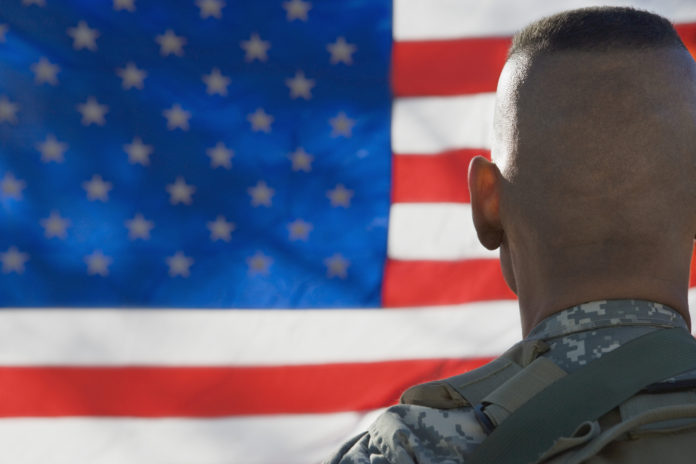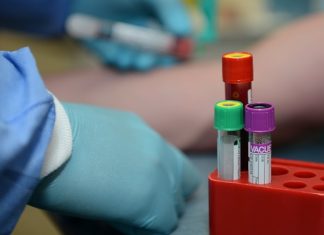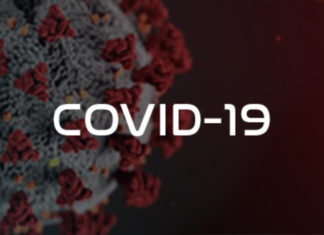Men and women who have served in the American Armed Forces often end up dealing with mental health issues and an addiction to drugs and/or alcohol. An article published on the National Center for Biotechnology Information (NCBI) website says about 11% of veterans have a substance abuse problem. However, American Addiction Centers (AAC) finds that number to be higher.
Drinking is a particularly serious problem among veterans, with as much as 16% of veterans having been diagnosed with binge drinking. In addition, substance abuse often co-occurs with mental health disorders, such as PTSD, depression, and anxiety. Of those veterans who have a problem with binge drinking, over 25% of them also battle depression. In addition, only 50% of veterans seek help for their mental illness.
It’s also important to note that there has been more than a 52% increase in outpatient substance abuse treatment for veterans between 1995 and 2013. And more than one-quarter of military deaths are related to substance abuse. It is for these reasons that AAC has announced a new program that is focused on helping veterans. However, before we get into that program, let’s take a look at the current recovery resources that are available to veterans.
The Current Recovery Landscape for Veterans
Veterans who have served in combat zones are at a higher risk for developing mental illness and addiction problems. When these exist, they can cause additional problems for the veteran, such as physical issues, relationship issues, and difficulty working or being a contributing member of society. There are organizations in place to help veterans and their families. These include the Military Health System (MHS) and the Veterans Health Administration (VHA). In addition to these, veterans have access to private and non-military mental health and addiction services.
Over the past few years, these traditional services have been trying to adapt to increase access for veterans and their families and to increase the quality of care veterans receive. Unfortunately, there are still gaps in the mental health and addiction services offered to veterans. Veterans face barriers to accessing mental health services, including:
- Worrying about what others think
- Finances
- Physical obstacles
- Personal obstacles
- A lack of confidence in the system
- Difficulty navigating the system
- Concerns about security
Many of these barriers are the same as those associated with addiction and must be taken into consideration since most often mental illness and addiction go hand-in-hand. However, when it comes to addiction treatment, there are other barriers to consider. These include:
- Ineffective treatment for opioid addiction
- Increased rate of prescriptions given for pain relief
- Access to inexpensive alcohol at military facilities
- Stigma and fear of negative consequences
When you add to the above barriers the fact that there can be extensive wait times for veterans to get into mental health and addiction treatment, it becomes increasingly difficult for these people to get the treatment they need for their addictions. One example of long wait times is with Veterans Affairs, which has been working to improve their wait times because it has been such an issue over the past few years. Fortunately, AAC is stepping in to help ensure veterans in need of addiction treatment have another option, one designed specifically to help them beat addiction.
Salute to Recovery
AAC’s new veterans’ program is called “Salute to Recovery.” This program is being launched by the AAC facility, Desert Hope Treatment Center, in honor of Military Appreciation Month. The goal of the program is to help veterans who might otherwise have trouble accessing and/or engaging with addiction treatment. In addition, the program has been designated a Veterans Choice Provider, which means veterans might qualify to have the cost of the program covered via the Veteran’s Administration.
One of the primary mechanisms behind the Salute to Recovery program is the fact that veterans can connect with each other. This is absolutely critical because those who have served in the military are part of a unique culture that is in many ways separate from the general population. They have been through similar experiences and have grown used to a specific culture and set of rules and regulations that is far removed from civilian life.
Connection in the Salute to Recovery program is accomplished through group treatment sessions and access to an area that is designated solely to veterans and first responders so they can talk with each other in a casual and exclusive setting. This facilitates bonding and helps break down the walls that can get in the way of effective treatment. It also creates a feeling of camaraderie and community. Ambrozino Storr, CEO of Desert Hope Treatment Center, says their goal is to ensure the patients don’t feel alone in their treatment.
Yet, the Salute to Recovery program goes beyond the bonding and group therapy. Veterans in the program learn about the disease of addiction and they learn the skills they need to cope with it and spend a life in successful recovery. Therapies used include:
- Cognitive Behavioral Therapy
- Dialectical Behavior Therapy
- Narrative Therapy
Narrative therapy is particularly useful as it teaches patients to change the narrative of their story by focusing on their abilities and strengths, and thus, change the direction of their life. In addition, a psychological therapy known as Eye Movement Desensitization and Reprocessing (EMDR) is also used when needed.
About AAC & Desert Hope Treatment Center
Desert Hope Treatment Center is part of AAC, an organization that is dedicated to the treatment of addiction. Located in Las Vegas, Nevada, Desert Hope Treatment Center offers tailored residential and outpatient treatment for those struggling with addiction. This is precisely the goal of AAC, which works to approach addiction treatment in a holistic way.
AAC takes into account every aspect of a patient’s life, including their environment, lifestyle, current level of health, and any co-occurring mental health disorders. They work closely with the patient and their family to ensure the rehabilitation process goes as smoothly and successfully as possible.
AAC operates numerous addiction treatment centers across the U.S. It also provides online access to treatment resources, both their own and others, through websites such as Recovery.org and Rehabs.com. These resources are free and easily accessible to anyone seeking help. AAC is the only publicly traded treatment center in the U.S., and one of few treatment providers who have conducted their own outcomes study. Their program has resulted in the following:
- 88% decrease in heroin use
- 95% decrease in opiate use
- 80% decrease in alcohol use
- 63% abstinence rate
Final Words
Addiction is tough for anyone who battles with it. For veterans, particularly those who have seen combat and have been through traumatic experiences, addiction and mental health disorders can be even more problematic. Although there are military resources for addiction treatment, many veterans fall through the cracks. This is why the AAC facility, Desert Hope Treatment Center, has launched their Salute to Recovery program.
Only 50% of returning service members who need #mentalhealth treatment actually seek care. We’re committed to helping #veterans find #recovery support. Learn about our Salute to Recovery program. https://t.co/hIT3xQulmF
— AAC (@AAC_Tweet) June 3, 2019
This program is designed specifically for veterans. The primary focus of the program is targeted toward allowing them to create a sense of community and help each other through their recovery. This community approach is combined with education on addiction and coping skills that will help them lead a life in recovery.












